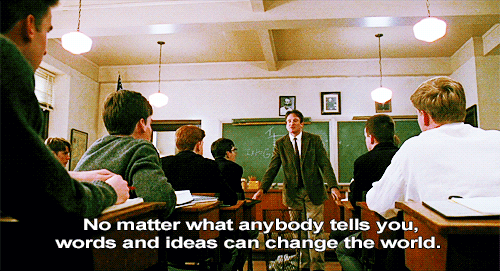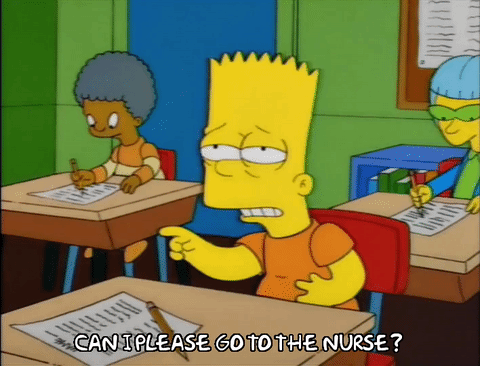8 Things to Know about Your Contract
As a new educator, if there’s one thing you know about your union, it’s probably that it negotiates and defends your contract. So what’s inu2026
As a new educator, if there’s one thing you know about your union, it’s probably that it negotiates and defends your contract. So what’s in your contract anyway? Turns out, some very important stuff.
1. How much planning time you get.

Planning time is essential for collaborating with colleagues, prepping for your next class, and developing great lessons. Make sure you know and understand how much planning time you’re entitled to.
2. How taking leave works.

What different kinds of leave are available? How much do you get? How do you request it? Find out before you need it.
3. If there’s a sick leave bank.

You never know if you’ll need it, but if you have a long-term illness or medical issue being able to use a sick leave bank can be a game-changer to make sure you get the care and time you need.
4. Whether you can get reimbursed for tuition.

Finishing your degree? Getting CEUs? Find out whether you can get reimbursed for tuition.
5. How your evaluation process works.

Your first evaluation can feel daunting. Find out how the process works and what you can expect.
6. What your salary should be.

Know how much you should be getting paid…and make sure it matches your paycheck!
7. How extracurricular reimbursements work.

Being a coach or club sponsor can be incredibly rewarding. Find out how reimbursements and stipends work before you get rolling!
8. What the grievance procedure is.

If you feel that your contractual rights are being obligated, read your contract and talk to your building rep. Your working conditions are your students’ learning conditions, and both should be outstanding.
Have a question that you can’t find an answer for in the contract? Ask your building rep. Want to improve your contact? Talk to or join your bargaining team (which is made up of members) and get involved. Strong contracts that build great working and learning conditions start with engaged and active members.

